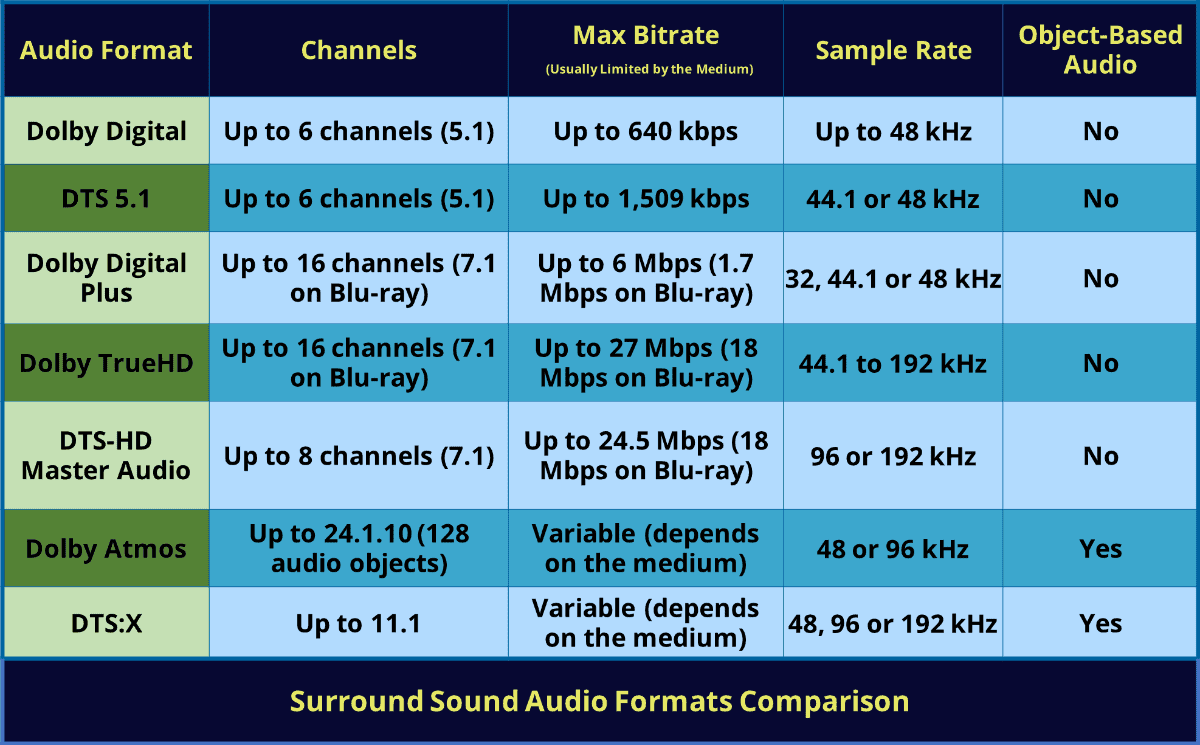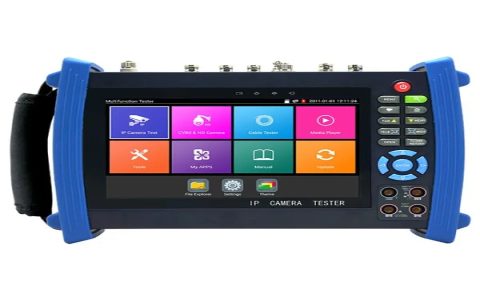Dolby Digital and THX are often mentioned in the context of audio-visual experiences, but they serve distinct, though sometimes complementary, roles.
Dolby Digital
Dolby Digital is primarily an audio encoding and decoding technology (codec). Its main function is to compress digital audio data to enable the efficient storage and transmission of multi-channel sound.
- It provides discrete surround sound channels, commonly 5.1 (five full-bandwidth channels and one low-frequency effects channel) or 7.1.
- Dolby Digital (often seen as AC-3) is a standard for DVDs, Blu-ray Discs, broadcast television, and streaming services.
- The focus is on delivering a specific audio format that can be decoded by compatible playback systems.
THX
THX, on the other hand, is a certification program and a set of quality assurance standards for audio and video reproduction. It was originally developed by Tomlinson Holman at Lucasfilm.

- THX certification ensures that equipment (like AV receivers, speakers, displays) or an environment (like a cinema or home theater) meets stringent performance criteria for accurately reproducing the original sound and picture quality intended by the content creator.
- It does not create or encode audio formats. Instead, THX focuses on the fidelity of the playback system, ensuring minimal distortion, accurate frequency response, and proper surround sound imaging.
- A THX-certified system can play back various audio formats, including Dolby Digital, DTS, or others, ensuring they are reproduced to a high standard.
Key Differences Summarized
Think of it this way:
- Dolby Digital is the "what": It's the audio format itself, the data containing the sound information.
- THX is the "how well": It's a benchmark for the quality and accuracy of the system reproducing that audio (and video).
A piece of equipment can be THX-certified and also support Dolby Digital decoding. They are not mutually exclusive. Dolby Digital provides the multi-channel audio signal, and a THX-certified system aims to reproduce that signal with high fidelity according to THX's performance standards.









